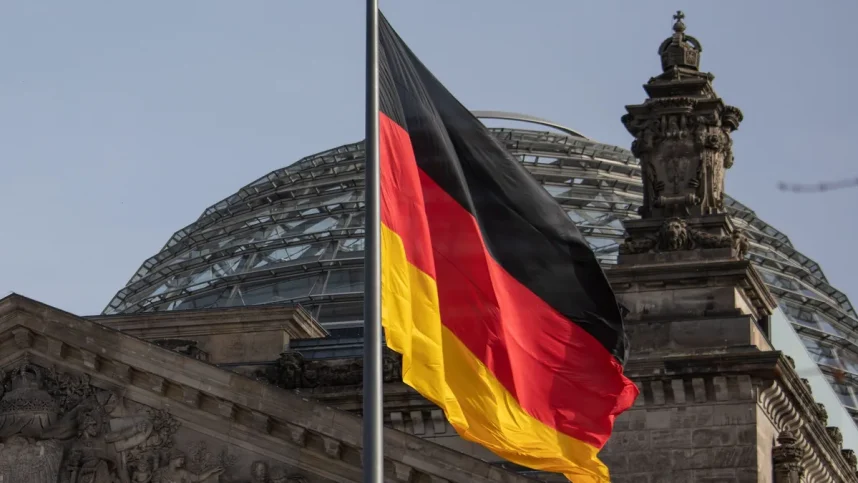Germany’s iGaming Market Struggles with Black Market Presence
Posted on: November 22, 2023, 08:28h.
Last updated on: November 22, 2023, 08:28h.
When Germany introduced gambling reforms a few years ago to unify the country’s gaming laws, it seemed like a step in the right direction. However, the market has been slow to develop, leading to a troubling trend. A recent study suggests that approximately 50% of all online gaming in the country is taking place through unregulated, black market sites.

Economist Gunther Schnabl, from the University of Leipzig, revealed in the ‘State Treaty on Gambling misses targets’ that the German gaming market is far from stable. Surprisingly, many players are not concerned about the licensing status of iGaming platforms.
As these issues come to light, interest groups are pushing for changes to the gambling framework. The gaming regulator Joint Gambling Authority of the Länder (GGL) disagrees with the study’s findings, suggesting a discrepancy between perception and reality.
Unregulated Black Market Exploits Players
The study delves into player behavior and consumption patterns, exploring the divide between those who stick to legal methods and those who resort to illicit means. The German Online Casino Association (DOCV) and the German Sports Betting Association (DSWV) sponsored the study, uncovering concerning trends.
The research reveals that while 70% of online gamblers used licensed platforms in 2019, that figure has dropped to 50%. This decline is attributed to the significant presence of a clandestine online black market that lures players with attractive offers and relentless promotion.
The DSWV claims that taxes are being lost, impacting state governments and player safety. However, the GGL disagrees, stating that there are around 800-900 unlicensed gambling sites accessible from Germany. Though a decrease from last year, this is still a considerable figure compared to the approximately 50 licensed platforms.
Nevertheless, the unregulated market, comprising about 3% of the total available market, is worth €500 million (US$545 million), a significant amount that could benefit state and federal governments.
At least two German states, including Thuringia, opted for a gambling monopoly in their online gaming markets. However, this approach has been proven to discourage users, as seen in other countries such as Finland.
Furthermore, licensed iGaming operators in Germany are disadvantaged compared to their offshore counterparts due to recent tax reforms. These reforms have led to a 5.3% tax on all stakes for betting, online poker, and online slots.
Calls for Reform and Collaboration
In response to the study, the DSWV is advocating for a swift expansion of licensing, increased competition, effective regulation of advertising, and tax reforms. Meanwhile, the GGL’s attempts to introduce mandatory website blocks have been deemed illegal by a court ruling this year.
The future of Germany’s iGaming market remains uncertain. While some view the ongoing struggle as an issue that will resolve itself over time, the DSWV is proactively seeking solutions. Collaboration among operators, regulators, legislators, and interest groups is seen as crucial, though challenges may arise due to opposing viewpoints on the gambling monopoly.
It is clear that Germany’s iGaming market is facing significant hurdles, but potential for growth and development remains. As the industry grapples with these challenges, a collaborative and forward-thinking approach is necessary to drive positive change and ensure a sustainable and prosperous future for online gaming in Germany.


